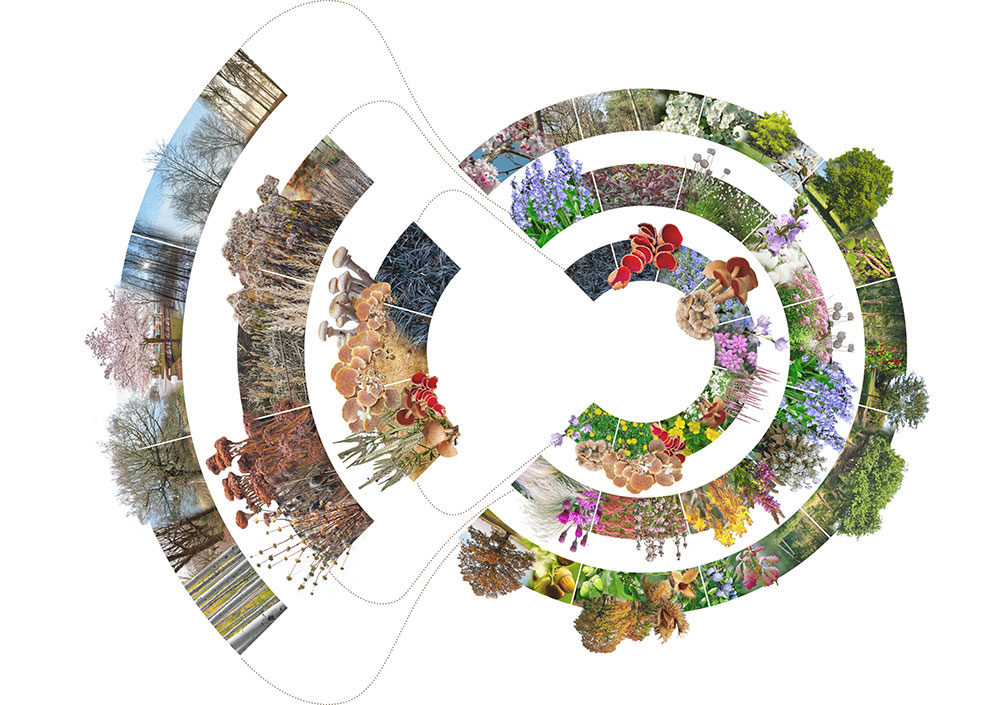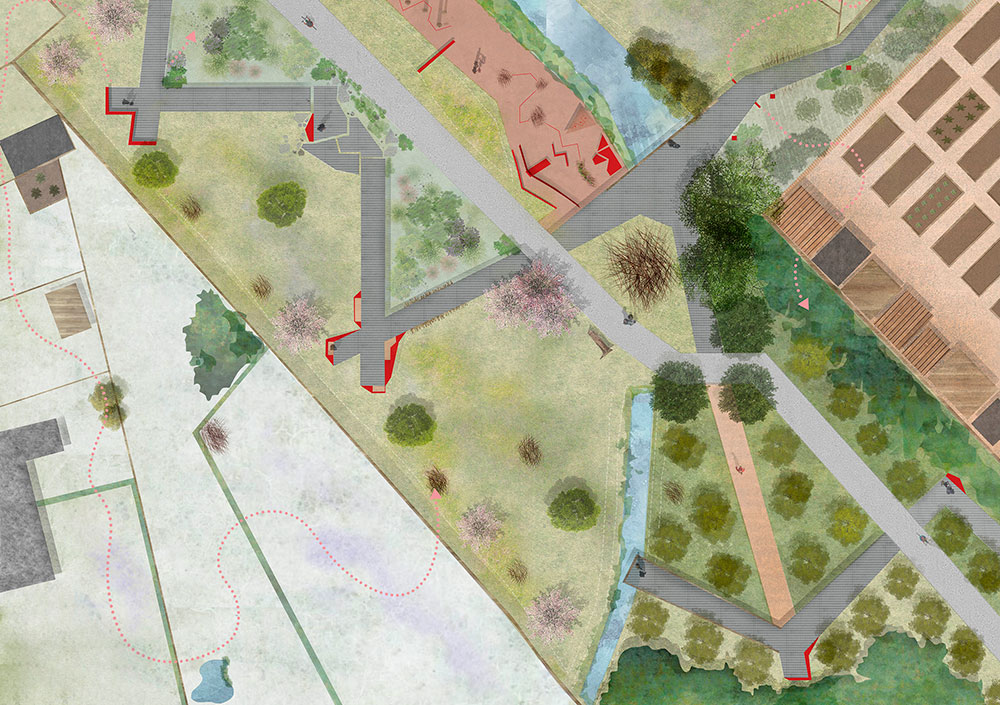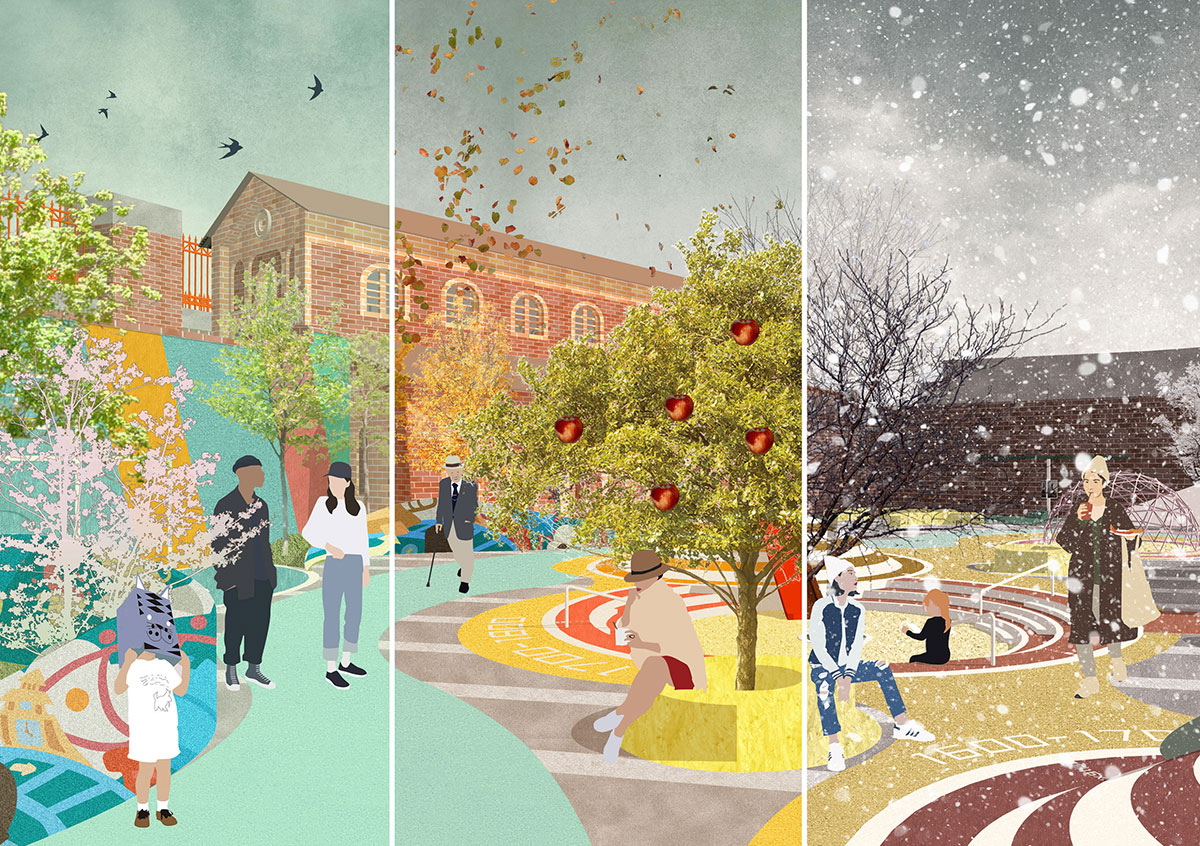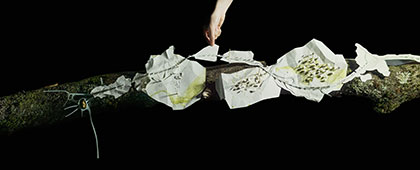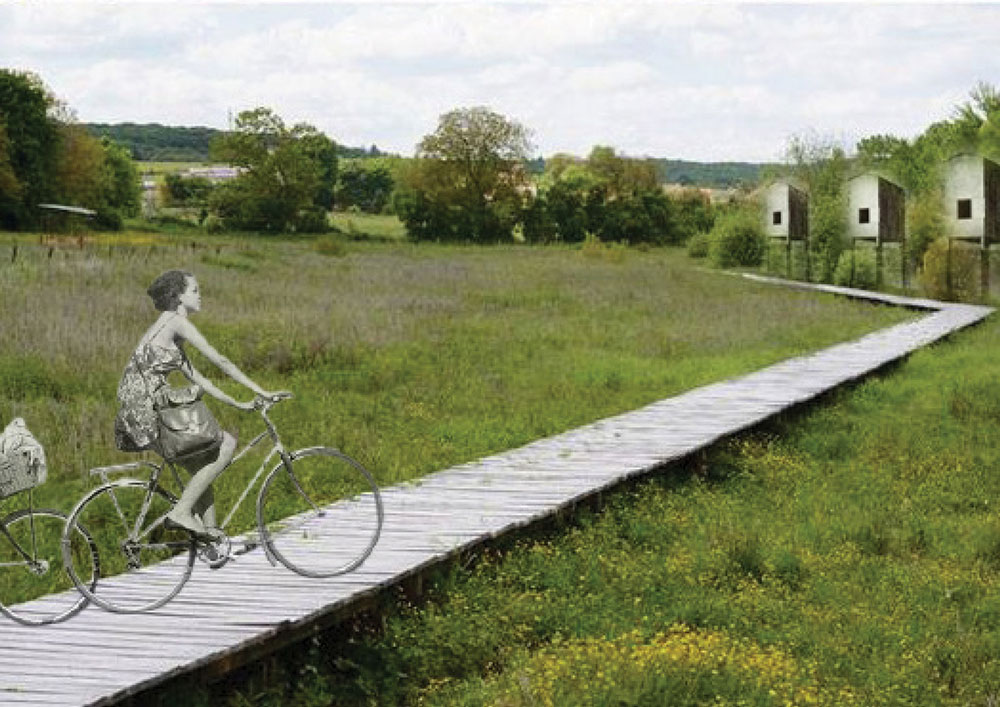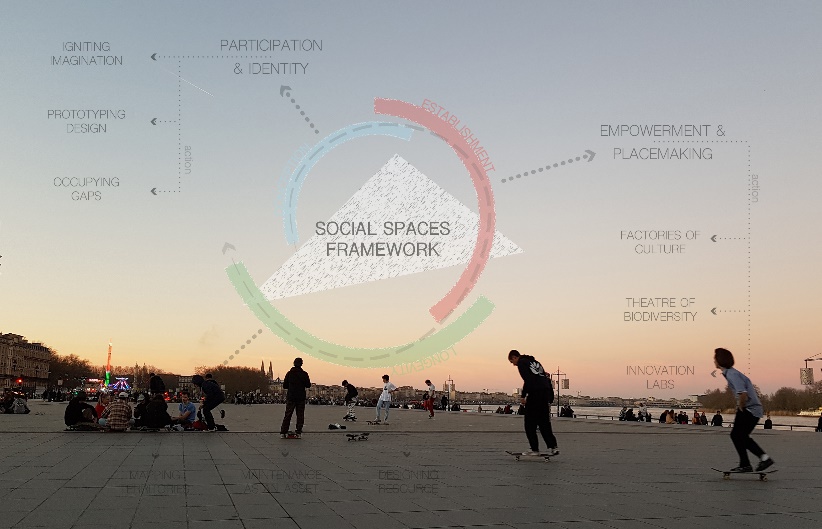Important information
International Postgraduate Scholarship
International students who have been accepted onto this course may be eligible for a £3,000 scholarship in the first year of study. We will assess your eligibility when you apply to this course. You do not need to apply to this scholarship separately. Terms and conditions apply.
Course Overview
As global awareness of biodiversity loss and the climate crisis intensifies, the demand for skilled landscape architects has never been greater. The Master of Landscape Architecture (MLA) at Manchester School of Architecture is a future focused programme that equips you to design inclusive, climate resilient places where social needs, ecological integrity, and imagination meet. Through a dynamic combination of hands-on design exploration, critical engagement with theory and research, and real world site-based investigations, you'll develop the expertise needed to shape meaningful, sustainable landscapes in a rapidly changing world.
You will have opportunities to learn from industry partners, collaborate across disciplines with architects and urbanists, and conduct ambitious academic research, preparing you for a future in practice or further academic studies. You’ll explore themes of environmental and social justice, designing landscapes that serve both people and planet. Joining one of our internationally recognised ‘Ateliers’, you will pursue a research-led design project, alongside developing an individual dissertation topic.
Delivered jointly by The University of Manchester and Manchester Metropolitan University, the programme provides a unique dual qualification and learning experience. As a student, you will benefit from the combined expertise of staff across both universities and enjoy access to specialist workshops, studios, libraries, and comprehensive support services.
There are three routes into studying the Master of Landscape Architecture. MLA Year 1 offers a transformative education in the core skills essential to landscape architecture, designed for those changing careers or joining from related disciplines. The Architect Conversion Route is designed for undergraduate architecture graduates, building on the shared foundations of landscape architecture and architecture, while introducing the ecological, environmental, and cultural factors that shape the discipline of landscape architecture. Those who have previously studied or worked in landscape architecture can join MLA Year 2 directly and will develop specialist expertise, design excellence, and academic research whilst working in the atelier system.
Graduates of the MLA programme have broad employment opportunities in both the public and private sectors, in areas such as urban design, environmental conservation, sustainable development, landscape planning, policy and placemaking, and the creation of innovative green spaces.
Explore previous student work on the MSA website.
Features and Benefits
A top ranked school of architecture
Manchester School of Architecture is placed 5th in the world in the QS 2025 Architecture rankings.
Joint degree and world-class resources
You will study a programme jointly delivered by The University of Manchester and Manchester Metropolitan University. Graduates receive a degree certificate that carries both institutions’ crests and titles.
Industry networks
You will benefit from MSA’s strong industry connections and employer network. Practitioner-tutors contribute directly to the studio curriculum, supported by international visiting speakers, practice visits, and building studies.
Accredited learning
The MLA is recognised by International Federation of Landscape Architects (IFLA) giving your qualification global recognition.
Flexible pathways
Choose from three distinct pathways designed around your academic and professional background, ensuring a flexible and personalised route into landscape architecture.
Collaborate on real-world design
Participate in MSA Live, our annual programme of student-led, real-world design projects in MLA Part 1. In MLA Part 2, become a member of one of our research-led ateliers and work collaboratively with architecture students from other disciplines.
Duration
MLA Part 2 direct entry
1 year, full-time
2 years, part-time
Architects' Conversion Route
1.5 years, full-time Architects' Conversion Route progressing into full-time MLA Part 2
2.5 years, full-time Architects' Conversion Route progressing into part-time MLA Part 2
MLA Part 1
2 years, full-time MLA Part 1 progressing into full-time MLA Part 2
3 years, full-time MLA Part 1 progressing into part-time MLA Part 2
Students with a 2:2 or above undergraduate degree in an accredited Landscape Architecture course may apply to enter directly into Part 2 of the programme.
